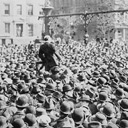
Introducing our special Fall edition on Politics and the Novel—with essays by Nikil Saval, Vivian Gornick, Benjamin Hale, Helen Dewitt, Nina Martyris, and Roxane Gay—David Marcus asks: what happened to the political novel?

This week, Belabored is all about labor feminism, with Feminism Unfinished authors Dorothy Sue Cobble, Linda Gordon, and Astrid Henry. Plus: labor joins the protests in Hong Kong, college students take on Teach for America, and more.
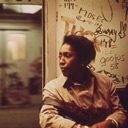
In 1970s New York City, urban decay gave birth to graffiti culture, an act of defiance and self-affirmation that terrified the middle classes. But today, “street art” usually symbolizes gentrification.
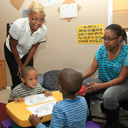
Too often, so-called women’s economic issues appear as an afterthought, rather than as fundamental to family economic security and the economy overall.
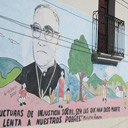
Under Pope Francis, the Vatican has shown sympathy for a radical Catholic tradition. But Francis sidesteps liberation theology’s most revolutionary ideas.

In the future of the world’s languages, irreplaceable sources of radical possibility are at stake.
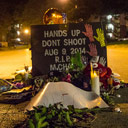
What is remarkable in Ferguson is not just the way segregation has been sustained, but the way it maps so cleanly onto patterns of economic disadvantage.

A secure, well-run Palestinian state is more essential than ever, for the sake of justice and for the security of both sides.
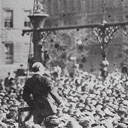
Our fall issue launches on October 1, with a sharp new look, an all-star special section on “Politics and the Novel,” and, for the first time, fiction.
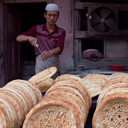
How did Western media accounts transform China’s Xinjiang region from an obscure, exotic district into a hotbed of terrorism?
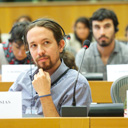
In their efforts to smear Spain’s Podemos party as “populist,” pundits have only revealed the vacuousness of the term.

For Willis, rock was sex, which was Freud, which was Marx, which was labor, which was politics and therefore a reason to vote or protest.

Is the outcome of the Market Basket strike a victory for working people, or something more complicated? Belabored asks James Green, a former professor at the University of Massachusetts at Boston and the author of several books on labor history and social movements. Plus: care workers mobilizing across the country, pre-K workers and inequality in New York, and more.
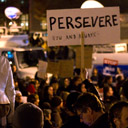
How do we know when movements have died—and when are they primed to revive?
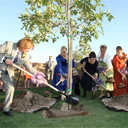
The house in Sister Wives looks less like the home of a fundamentalist family than a functional commune.




















